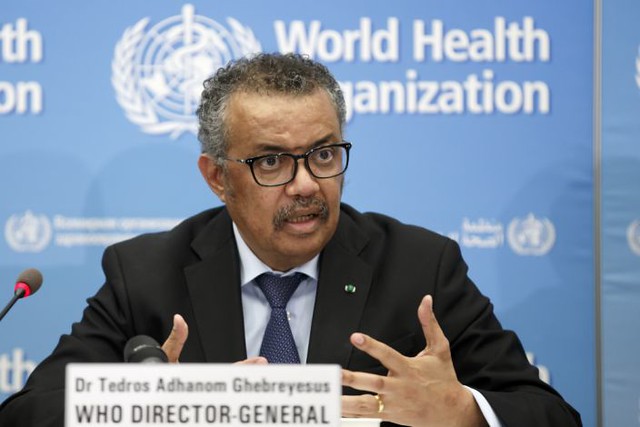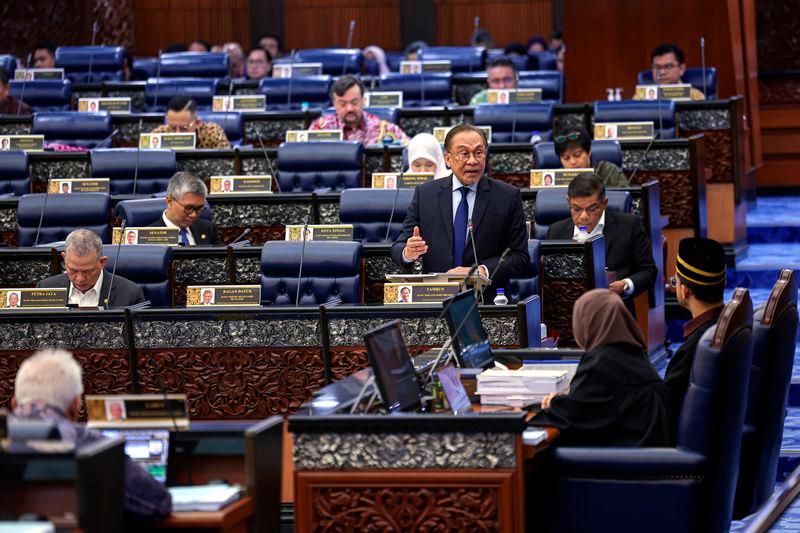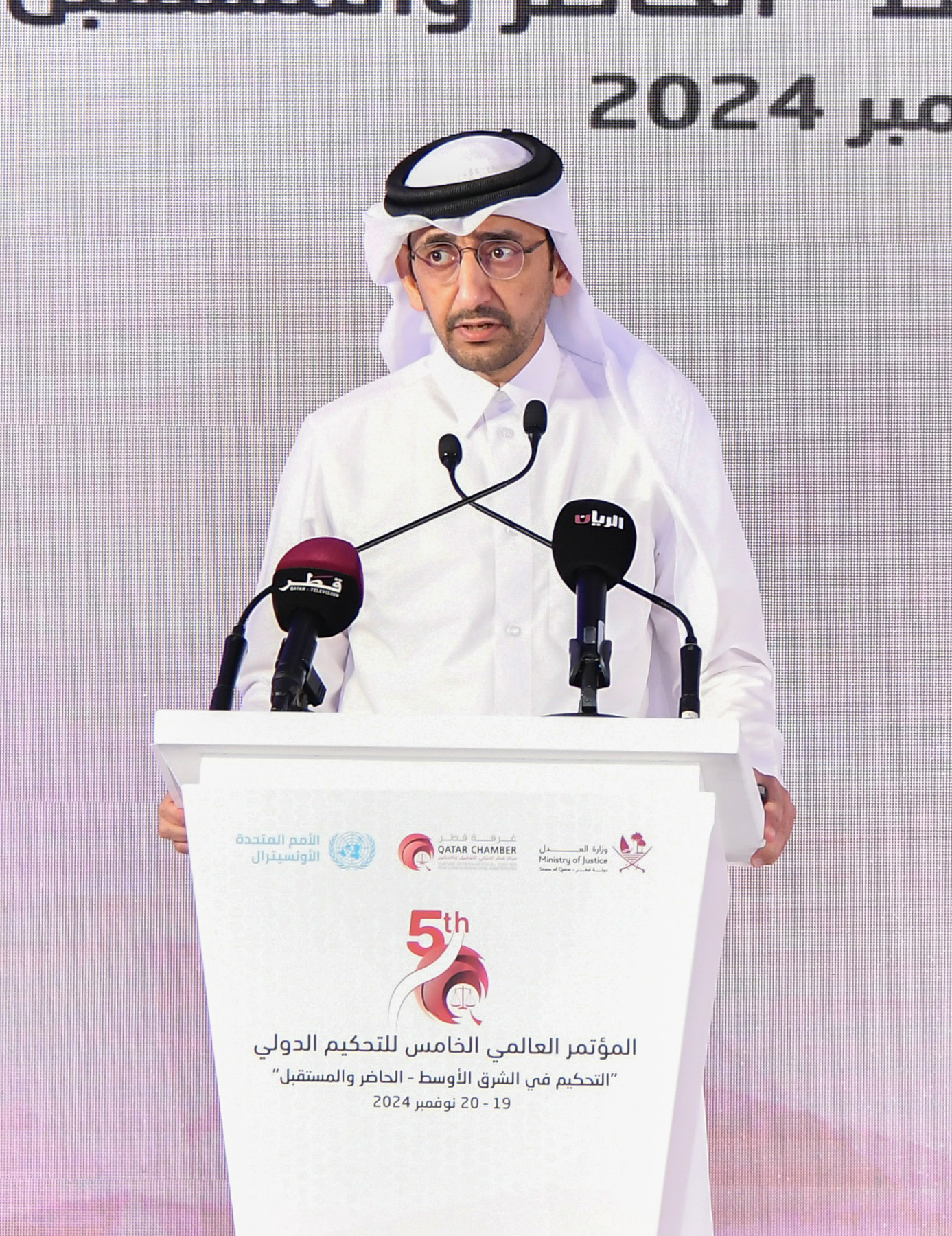When symptoms persist more than 12 weeks after the initial infection, a person is typically said to have Long Covid.
The head of the World Health Organization (WHO) has warned that Long Covid is “devastating” the lives and livelihoods of tens of millions of people and wreaking havoc on health systems and economies.
He also urged nations to launch “immediate” and “sustained” efforts to address what he told The Guardian is a “very serious” crisis.
The Covid-19 pandemic has never been in better shape, but the WHO’s director general, Dr. Tedros Adhanom Ghebreyesus, noted that it is also “very clear” that many of those infected by the virus are still going through “prolonged suffering.”
Over 600 million people have been infected by Covid-19 globally, and it has killed nearly 6.5 million people. According to the WHO, 10% to 20% of survivors still experience fatigue, breathlessness, and cognitive dysfunction as mid- and long-term symptoms. The condition tends to affect women more often.
Long Covid is upending people’s lives due to the lack of research on the best ways to treat it, and many must endure “often lengthy” and “frustrating” waits for assistance or direction, according to Tedros, who spoke to The Guardian.
“The pandemic has changed dramatically due to the introduction of many lifesaving tools, and there is light at the end of the tunnel, the impact of long Covid for all countries is very serious and needs immediate and sustained action equivalent to its scale,” he said.
In order to “minimise the suffering” of their populations and safeguard their healthcare systems and workforces, nations must now “seriously ramp up” both research into the condition and access to care for those affected.
“Early in the pandemic, it was important for overwhelmed health systems to focus all of their life saving efforts on Covid-19 patients presenting with acute infection,” he said.
“However, it is critical for governments to invest long-term in their health system and workers and make a plan now for dealing with Long Covid.”
The introduction of vaccines and treatments for the virus has helped reduce the number of deaths and hospitalisations since the WHO declared an international emergency in 2020. This month saw the fewest Covid-19 reported deaths since March 2020.







